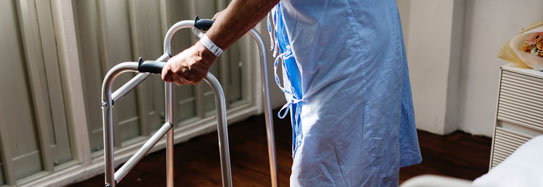Blaine Sweeter
Diamond Member
- Jul 26, 2019
- 5,349
- 4,989
- 1,930
- Banned
- #121
From Trump's newspaper of choice:
What's the science behind masks? Do masks prevent or reduce COVID infection?
The coronavirus pandemic in Florida is an evolving news story so some information in this article could be out of date. To stay connected with our comprehensive coverage of COVID-19 in Florida, sign up for our Coronavirus Watch newsletter.
COVID numbers are rising again, with the more-contagious delta variant spreading rapidly among unvaccinated people. The CDC reversed course and urged even fully-vaccinated Americans to wear masks indoors again in areas of high COVID-19 transmission.
And the question arises again: do masks help?
There has been a changing and occasionally conflicting message on this topic from experts and the federal Centers for Disease Control and Prevention, so let's take a look at what we know now.
Short version: Yes. They do. A lot.
Repeated studies have shown that masks, when used properly, drastically reduce the amount of respiratory droplets you spread, and they reduce the amount you breathe in (but not as much). That slows down the spread of COVID, by reducing the droplets expelled by an infected person.
“We are not defenseless against COVID-19,” CDC Director Dr. Robert R. Redfield said in an editorial published in the Journal of the American Medical Association last July. “Cloth face coverings are one of the most powerful weapons we have to slow and stop the spread of the virus particularly when used universally within a community setting. All Americans have a responsibility to protect themselves, their families, and their communities.”"""
If you wear a scarf instead of an N95 mask, you're not protected.
If you wear your mask beneath your nose, you're not protected.
If your mask is one of those flimsy blue things and has gaps on either side, you're not protected.

What's the science behind masks? Do masks prevent or reduce COVID infection?
The coronavirus pandemic in Florida is an evolving news story so some information in this article could be out of date. To stay connected with our comprehensive coverage of COVID-19 in Florida, sign up for our Coronavirus Watch newsletter.
COVID numbers are rising again, with the more-contagious delta variant spreading rapidly among unvaccinated people. The CDC reversed course and urged even fully-vaccinated Americans to wear masks indoors again in areas of high COVID-19 transmission.
And the question arises again: do masks help?
There has been a changing and occasionally conflicting message on this topic from experts and the federal Centers for Disease Control and Prevention, so let's take a look at what we know now.
Short version: Yes. They do. A lot.
Repeated studies have shown that masks, when used properly, drastically reduce the amount of respiratory droplets you spread, and they reduce the amount you breathe in (but not as much). That slows down the spread of COVID, by reducing the droplets expelled by an infected person.
“We are not defenseless against COVID-19,” CDC Director Dr. Robert R. Redfield said in an editorial published in the Journal of the American Medical Association last July. “Cloth face coverings are one of the most powerful weapons we have to slow and stop the spread of the virus particularly when used universally within a community setting. All Americans have a responsibility to protect themselves, their families, and their communities.”"""
If you wear a scarf instead of an N95 mask, you're not protected.
If you wear your mask beneath your nose, you're not protected.
If your mask is one of those flimsy blue things and has gaps on either side, you're not protected.

What's the science behind masks? Do masks prevent or reduce COVID infection?
COVID numbers are rising again, with the more-contagious delta variant spreading rapidly among unvaccinated people. And the question arises again: do masks help?
www.palmbeachpost.com

